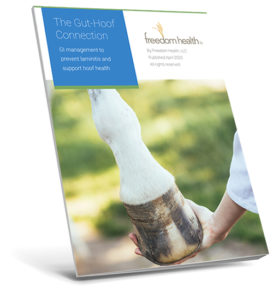Innovative Products to Address Significant Gut Health Issues in Horses
SUCCEED products are manufactured exclusively by Freedom Health LLC, located in Aurora, Ohio, USA. We are focused on finding, perfecting and delivering superior, innovative products that address real and significant health-related issues for horses and the people who care for them.
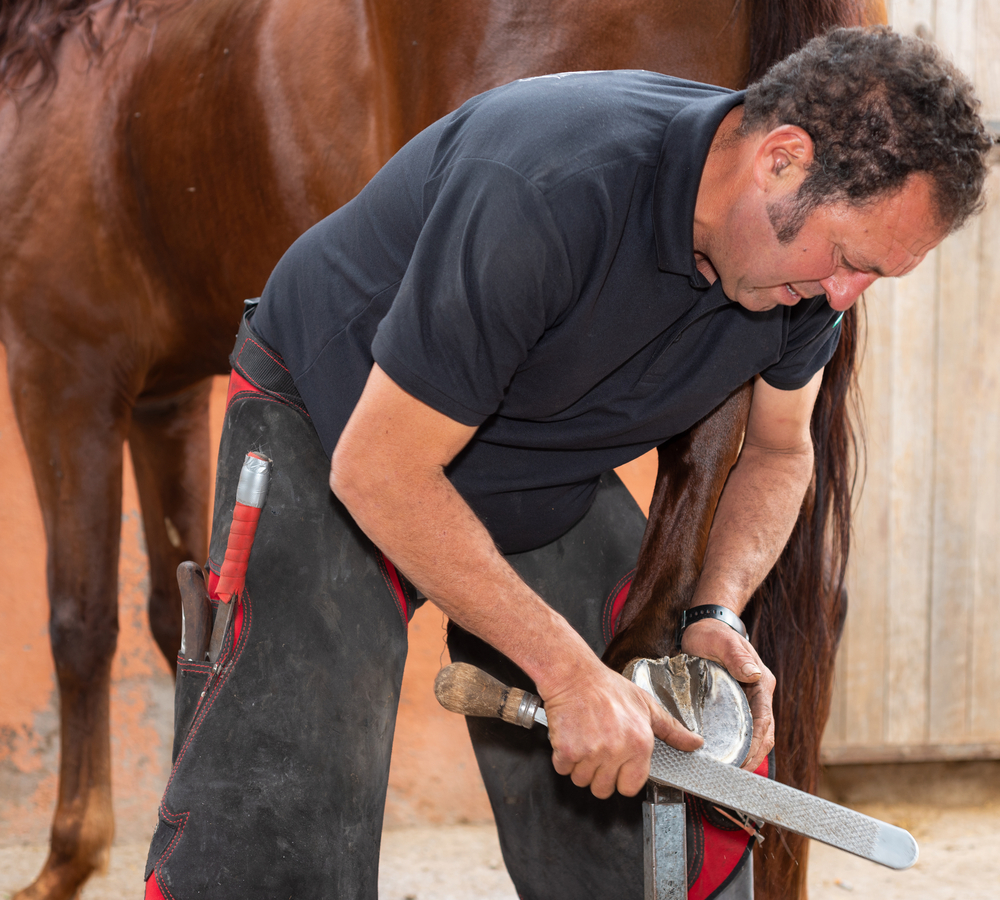
When it comes to maintaining strong, healthy hooves, both the veterinarian and the farrier have something to bring to the table. The farrier plays a critical role in the horse’s hoof health, but beautiful, sound feet are the result of more than just regular trimming and shoe maintenance.
A strong hoof wall starts inside with optimal digestive health. The best farriers and veterinarians work together with horse owners and take a team approach to maintaining overall equine wellness. Supporting the horse’s GI health through good feeding and husbandry practices is the best method of maintaining healthy feet, in addition to the many other aspects of health and performance a client, vet, farrier team manages.
Recommend SUCCEED to your clients as a way to promote digestive wellness that supports better hoof health. Combined with your expert farrier work, the horses you care for will have the most beautiful and functional feet for whatever their lifestyle or discipline.
Learn More About the Gut-Hoof Connection
Explore the relationship between hoof and gastrointestinal health.
This white paper covers the following:
- Factors that impact hoof health
- Exploring the link between digestive health and hoof health
- How good nutrition can lead to better hoof health
- The challenge of digestive health in performance horses
- The role of the SUCCEED Digestive Conditioning Program
Access Your Free White Paper
Feed for the Gut First and Hoof Health Will Follow
Are your clients feeding what’s truly best for their horses? As a skilled farrier, you can take a holistic approach to hoof health and maintenance by recommending SUCCEED to clients as a way to promote digestive health in their horses.
Tending well to the horse and its unique needs means maintaining clear communication and partnership with its owner. Ensure that your clients know the importance of good digestive health and nutrition in building strong, healthy hooves.
You can even suggest SUCCEED to the veterinarians you partner with.
Why Choose SUCCEED® for Strong, Healthy Hooves?
Take a nutritional approach to hoof health and overall wellness.
Farriers can work in partnership with veterinarians and owners to maintain good digestive health in the horses they manage. The key in the whole partnership is the SUCCEED Digestive Conditioning Program.
Using this trusted, natural product to manage digestive health in turn contributes to:
- Immune health
- Healthy hoof growth
- Hoof hardness
- Performance and breeding success
- And more
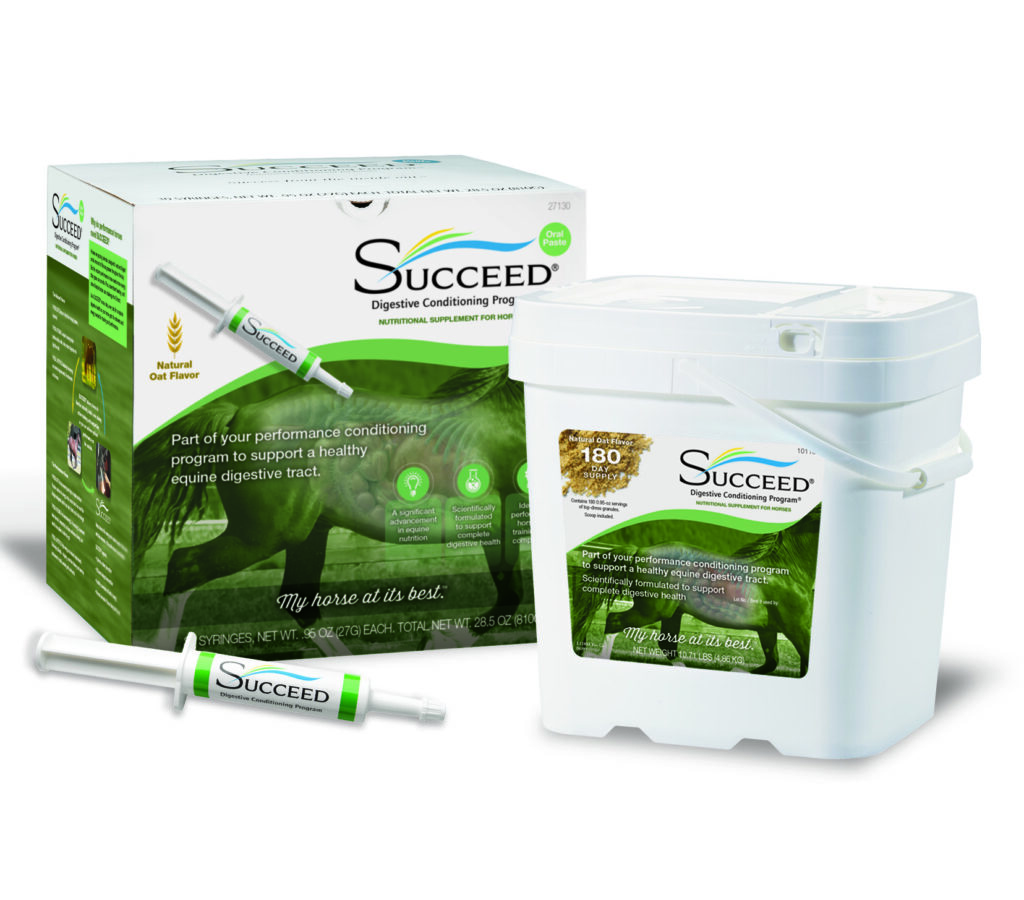
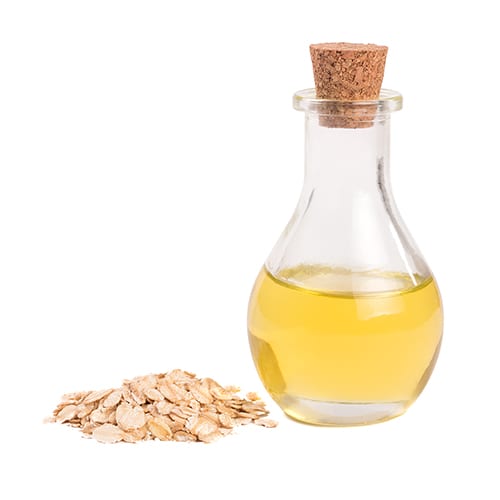
Oat oil is rich in polar lipids, particularly galactolipids. Dietary polar lipids are important in forming the tight junctions between the epithelial cells lining the gut.
Oat oil is also rich in trienols and tocopherols, powerful antioxidants that sweep free radicals out of the system before they can damage the surrounding tissue.
Polar lipids are versatile emulsifiers, stabilizing oil-water mixtures. As such, they provide an ideal nutrient delivery vehicle, capable of transferring both fat- and water-soluble molecules into the tissues. Adding polar lipids to the diet has been shown to protect the intestinal mucosa and to strengthen the impermeability of the barrier.
All of this works together to enhance the equine GI tract’s natural protection from acids and ability to absorb nutrients fully, while safely removing potentially harmful pathogens from the hindgut.
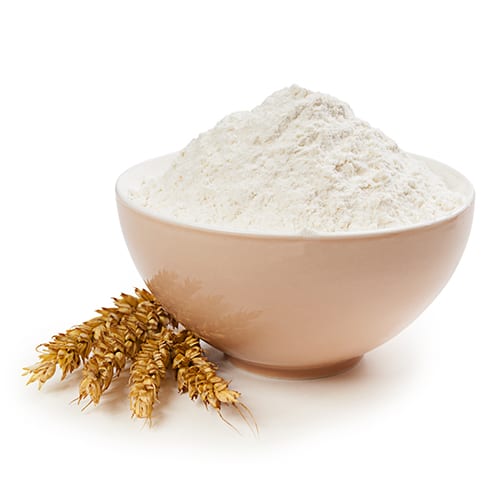
Beta-glucan is a polysaccharide derived from yeast, barley and oats. It has been known for years to reduce LDL cholesterol levels in the blood. More significantly, beta-glucan serves an important role as a potent immuno-stimulator. It induces macrophages, which have a specific beta-glucan receptor, to mount a full-blown immune system response to pathogenic microbes. This aids in healing damaged tissue in the horse’s hindgut.
Beta-glucan also creates a gel in aqueous solutions, slowing the transit of digesta through the gut. This allows starches to be digested earlier in the system, thereby reducing the negative effects of starch in the hind gut.
Finally, beta-glucan moderates the release of sugars from the digestive system, helping to prevent the sugar highs and lows that often afflict animals that are fed only two or three times a day on an energy-rich high carbohydrate diet.
Altogether, beta-glucan is highly beneficial for both healing and the protection of the hindgut.
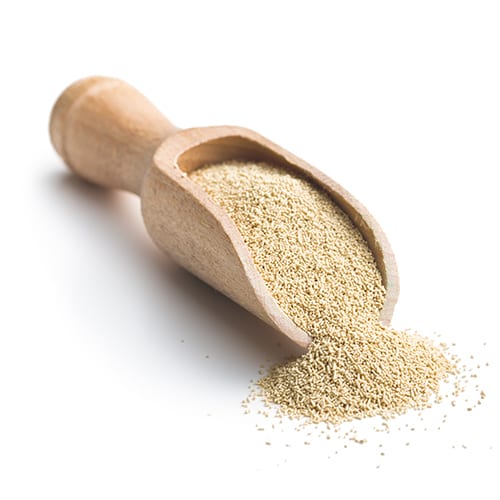
Nucleotides
The cells of the intestinal mucosa are constantly dividing, ultimately managing to totally replace the digestive tract lining about every three days. This continuous cell division requires the replication of millions of DNA molecules every second. In turn, each DNA molecule is made up of several billion nucleotides. This represents a sizeable expenditure of energy-intensive chemical synthesis. Maintaining an adequate level of nucleotides is thus a major, ongoing issue for the digestive system.
Studies have demonstrated that nucleotide supplements increase mucosal thickness and protein levels and may also speed up intestinal recovery after chronic diarrhea and intestinal damage.
Dietary nucleotides also seem to have an important beneficial effect on the intestinal microflora, stimulating the growth of beneficial bacteria and inhibiting pathogens.
Mannan Oligosaccharides
Extracts of yeast (saccharomyces cerevisiae) have been found to bind pathogens, perhaps because their mannan oligosaccharide (MOS) content mimics the carbohydrates in the enterocyte membranes. Pathogens mistakenly bind with MOS instead of the enterocytes, and are subsequently flushed out of the digestive system. Along with the pathogens go the toxins they would have produced.
MOS can be digested by the enzymes of certain beneficial bacteria. So, in addition to discouraging pathogenic bacteria, MOS also promotes the growth of beneficial microbes such as lactobacillus.
MOS also stimulates the immune system and encourages the growth of intestinal villi, showing improved digestion and absorption of nutrients in various animal studies.
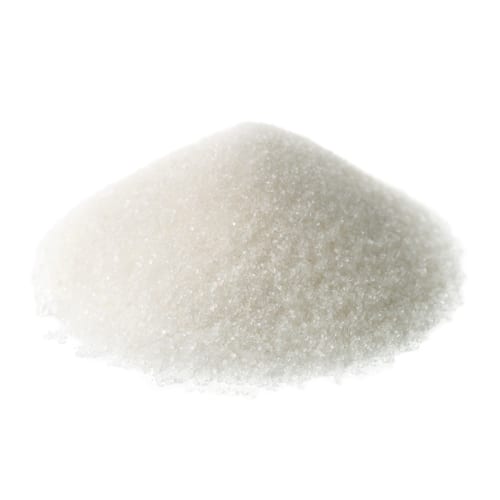
L-Glutamine is the most abundant amino acid in humans as well as horses. It is considered to be “conditionally essential.” That is, L-Glutamine is a nonessential amino acid under normal conditions, but supplements may be needed to replenish the supply when the body is stressed. L-Glutamine deficits can result in diarrhea, villous atrophy, mucosal ulceration, increased intestinal permeability and necrosis.
L-Glutamine is a muscle fuel and also supplies nitrogen to the immune cells of the intestinal mucosa, which help to prevent pathogenic organisms from entering the circulatory system. The intestines, along with immune and kidney cells, are the primary consumers of glutamine in animals. Parenteral glutamine has been shown to improve recovery in several studies and animal models.
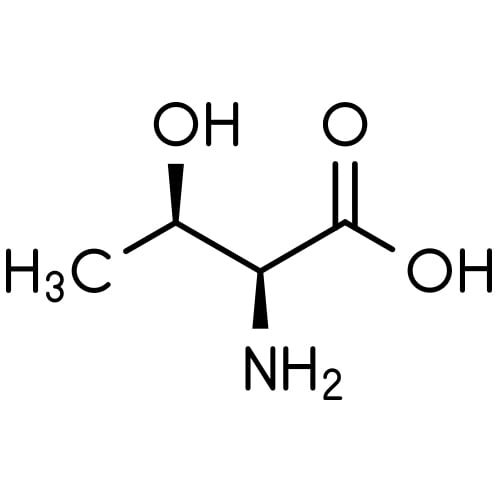
L-Threonine
L-Threonine is an essential amino acid and an important component of the mucin produced by the goblet cells distributed throughout the intestinal tract. By assisting metabolism and nutrient absorption, L-Threonine contributes to a smoothly functioning GI tract. A deficiency of L-Threonine slows the regeneration of the gut wall and depresses the production of mucus.
L-Threonine is especially useful for wound healing and for treating stress, but it is also an essential link in the production of immunoglobulins.
Take the next steps toward supporting your practice.
Let’s continue the conversation on equine GI health management. Let us know how we can help.

